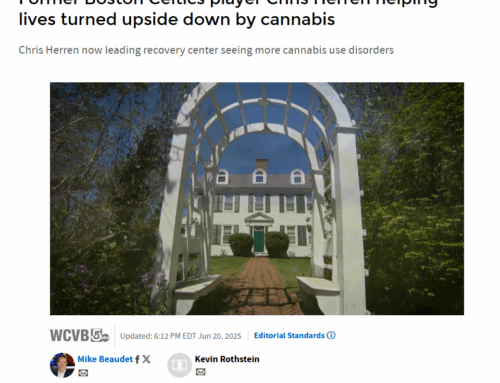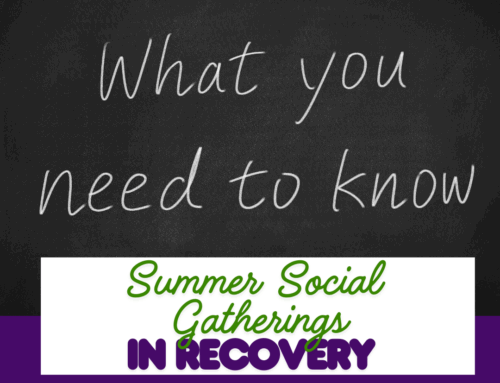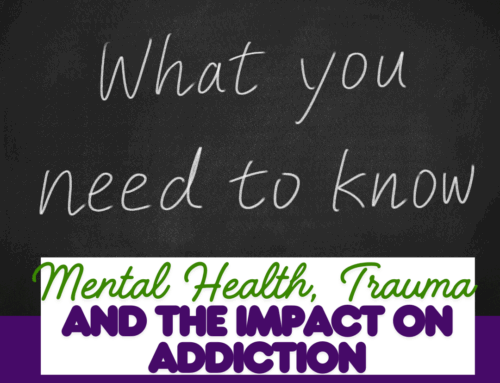
When you love someone who has struggled with addiction and is now in recovery, it often creates an emotional roller coaster, marked by a myriad of conflicting feelings. On one hand, there’s immense pride in witnessing their daily battles and triumphant moments of overcoming; on the other, there’s the shadow of past pains and the fear of potential relapses.
The memory of their darker days may sometimes cast doubts and insecurities, yet the transformative journey they’re on continually renews hope and possibility.
Empowering Recovery: The Balance of Love and Autonomy
Loving someone in recovery deepens your capacity for compassion, understanding, and resilience. It’s a love that touches upon the true meaning of unconditional support, while also emphasizing the importance of setting boundaries for your own emotional well-being.
Overstepping boundaries or being overprotective can inadvertently hinder their growth or foster dependency. Loving someone in recovery also means taking the time to educate yourself about addiction, attend support groups, and seek guidance when necessary. It is a journey that calls for self-awareness, self-care, and setting healthy boundaries.
However, while love is a powerful motivator and healer, it’s essential to recognize that the journey of recovery is deeply personal. It’s crucial to strike a balance between being supportive and allowing the person in recovery to take ownership of their healing process.
10 Ways to Support a Loved One in Recovery
The path of recovery is filled with challenges, uncertainties, introspection, opportunities, and personal growth. For with a loved one on this path, it’s a journey of empathy, patience, self-reflection, and understanding. Supporting someone in treatment is about more than just being there for them; it’s about providing them with the right tools and emotional support they need to succeed.
Here are some ways to support a loved one in recovery while also maintaining your own emotional and physical health and well-being:

Educate Yourself About Addiction and Recovery
To understand what your loved one is going through, it’s essential to educate yourself about addiction and recovery. Addiction is a complex disease that affects both the brain and behavior. Familiarize yourself with the different stages of recovery and the challenges that may arise at each phase. The more you know, the better equipped you’ll be to provide the necessary support.
Attend Family Therapy Sessions
Many recovery facilities and clinicians offer family therapy sessions, as addiction is a disease that affects the entire family system. These sessions can be an invaluable resource for loved ones who also need support and guidance through the recovery journey. Family therapy provides strategies for coping, support for everyone, and is an invaluable resource for overcoming challenges and moving forward in a healthy way.
Create a Substance-Free Environment
When your loved one returns home after treatment, it’s crucial to ensure their environment is free from potential triggers. This often means removing alcohol, drugs, or related paraphernalia from your home or keeping them out of sight. It’s also beneficial to discourage substance use in their presence, even if it’s casual or social. If this is difficult for any reason, it’s important to discuss this in family therapy to come up with a safe, supportive plan for everyone.

Be a Good Listener
Sometimes, the best support you can provide is lending an empathetic ear. Let your loved one express their feelings, fears, and hopes without interrupting or offering unsolicited advice. Validation can be a powerful tool in recovery. You do not have to “fix” emotions or feelings, simply being there and offering empathy and compassion is helpful and healing.
Resist Blame and Judgment
It’s essential to remember that addiction is a disease. If you are experiencing overwhelming feelings of blame, judgment, or resentment, seeking your own therapy is a way to find healing. Rehashing what has happened in the past with your loved one is a hindrance to moving forward. Instead, focus on understanding, compassion, and healing for yourself and your loved one.
Encourage Healthy Habits
Physical health plays a pivotal role in the recovery process. When possible, support your loved one by encouraging a balanced diet, engaging in regular exercise, and getting adequate sleep. These practices can help combat feelings of depression or anxiety that might arise during recovery. Joining them in these healthy habits is good for everyone!
Be Prepared for Setbacks
Recovery isn’t always a linear journey, and relapses can happen. Instead of viewing them as failures, consider them opportunities for learning and growth. If a relapse occurs, it’s essential to approach the situation with patience and understanding. Encourage your loved one to seek professional help and get back on track.
Set Boundaries
While you want to be supportive, it’s also crucial to set boundaries to protect your well-being. If specific behaviors or situations are detrimental to your mental health, it’s okay to establish limits. Open, compassionate communication is vital. Let your loved one know what you can and can’t handle, and why these boundaries are necessary for both of you. Working with a therapist can be very helpful as you navigate setting boundaries with your loved one and walk your own path of healing.
Engage in Activities Together
Shared experiences can strengthen your bond with your loved one and encourage healthy habits and interests. Consider taking a class together, attending workshops, or taking short trips. These activities can help your loved one rediscover joy and passion and create positive experiences and interactions.
Be Patient
Recovery is a lifelong journey, and it requires patience from both the individual and their support system. There will be good days and challenging days. Celebrate the small victories and understand that healing takes time.
Seek Support for Yourself
Remember, it’s important to seek support for yourself, too. Learning to navigate your loved one’s recovery, and your own, can be emotionally draining. Joining family support groups or seeking therapy can offer valuable insights and coping strategies. After all, you can’t pour from an empty cup.

Supporting a loved one through recovery is an intricate balance of love, education, patience, and understanding. By arming yourself with knowledge, offering emotional support, and creating a conducive environment for their recovery, you play an essential role in their healing journey.
Every step you take together makes the road to recovery a little less daunting. Always remember: recovery isn’t just about abstaining from substances — it’s about rebuilding, rediscovering, and rejuvenating life. Your support can be the beacon your loved one needs as you progress forward together.
About Herren Wellness
Herren Wellness is a thriving community of people at all stages in their recovery journey. We introduce holistic therapies and strategies centered around emotional, physical, and spiritual wellness, in addition to life coaching sessions, family support and an individualized wellness plan to provide a solid foundation in recovery from alcohol and substance use.
We believe that staying connected and community has a lasting impact on recovery, and encourage all alumni to participate in our weekly alumni meetings, seasonal events and annual retreat. Your connection to Herren Wellness doesn’t end when your stay ends; we are there for you throughout your recovery journey.
If you, or a loved one, are looking for help, please call us at (844) 443-7736, email us at info@herrenwellness.com, or fill out a contact form. You are not alone.






